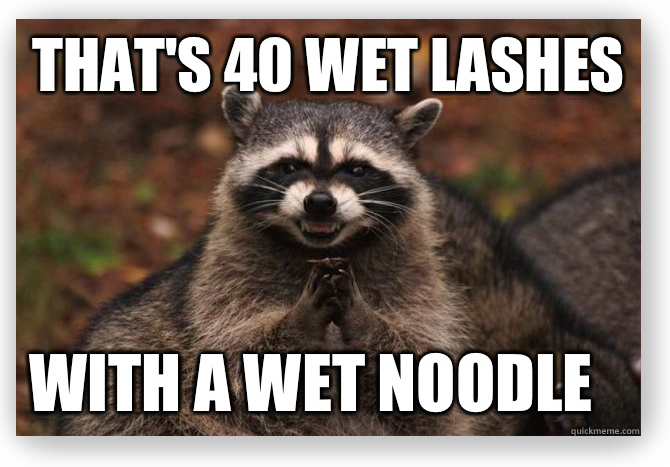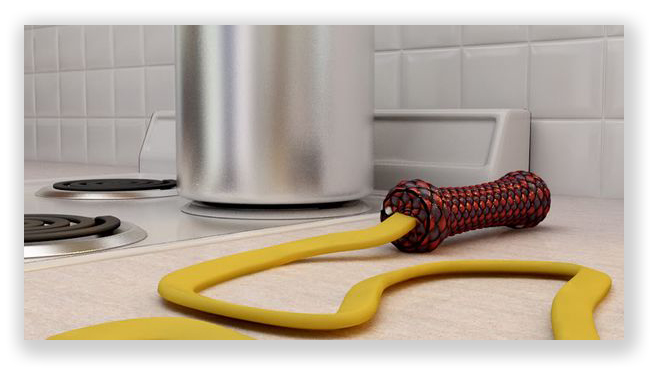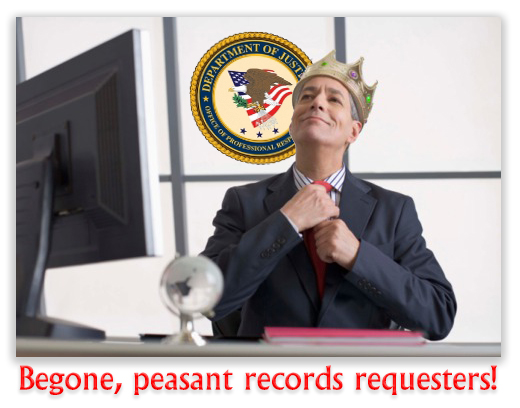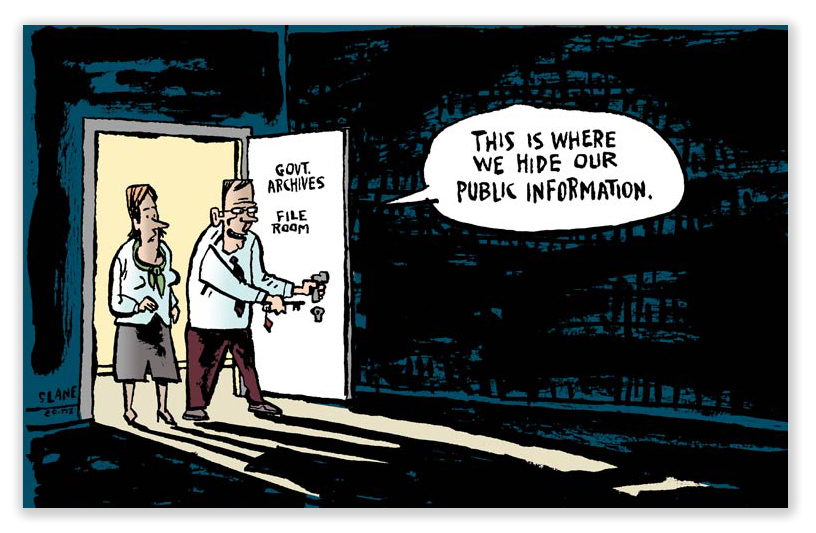We post news and comment on federal criminal justice issues, focused primarily on trial and post-conviction matters, legislative initiatives, and sentencing issues.

PROSECUTOR DISCIPLINE WITH A WET NOODLE
Just last week, I had someone tell me he was going to file a 2255 motion just as soon as he filed a bar complaint against those lyin’ prosecutors.
 Good luck with that. A report last week illustrates the futility of expecting any favorable result from bar complaints against prosecutors.
Good luck with that. A report last week illustrates the futility of expecting any favorable result from bar complaints against prosecutors.
A decade ago, the District of Columbia Court of Appeals ruled that the U.S. Attorney’s Office violated Brady v. Maryland by not disclosing exculpatory information to the defense during Carl Morton’s and Alonzo Vaughn’s convictions for aggravated assault and assault on a law enforcement officer. It has only taken 10 years for the same court to decide that the two prosecutors responsible should each get a year of probation plus a stern warning not to commit any further misconduct, or they would be suspended from practicing law for six months.
Both Mary Chris Dobbie and Reagan Taylor are still DOJ prosecutors. In 2021, the D.C. Board On Professional Responsibility unanimously recommended that each receive a six-month suspension from law practice. However, the Board “ratcheted down the sanction to probation based on ‘one overriding mitigating circumstance’,” according to a report last week in The Intercept. That circumstance was the “deficient conduct” of their supervisors, Jeffrey Ragsdale and John Roth.
 Neither Ragsdale nor Roth was subject to any ethics charges or misconduct findings. Roth was later promoted to be inspector general for the Department of Homeland Security. And Ragsdale? He’s now in charge of the DOJ Office of Professional Responsibility, which oversees investigations into alleged prosecutorial misconduct.
Neither Ragsdale nor Roth was subject to any ethics charges or misconduct findings. Roth was later promoted to be inspector general for the Department of Homeland Security. And Ragsdale? He’s now in charge of the DOJ Office of Professional Responsibility, which oversees investigations into alleged prosecutorial misconduct.
The Intercept, Prosecutors Buried Evidence and Misled the Court. Ten Years Later, They Got a Slap on the Wrist. (February 5, 2024)
– Thomas L. Root





